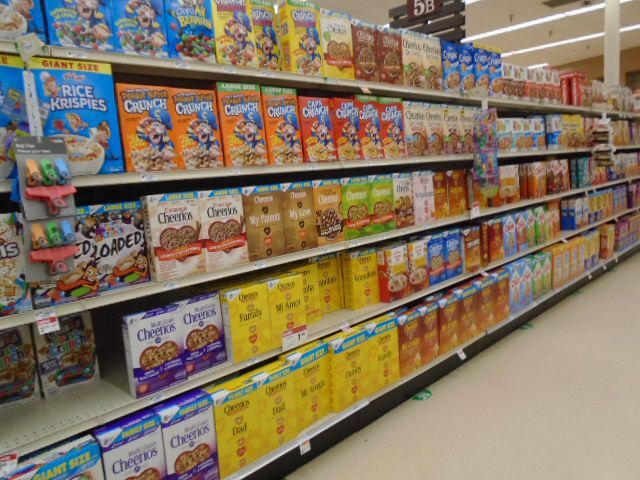
In 1955 economist Victor Lebow wrote, “Our enormously productive economy demands that we make consumption our way of life, that we convert the buying and use of goods into rituals, that we seek our spiritual satisfactions, our ego satisfactions, in consumption.”
He continued, “To use a military analogy, marketing involves the over-all strategy of distribution, while merchandising, advertising, promotion, and selling comprise the tactics. The costs of distribution actually represent the pressure needed to maintain the high level of consumption. Our economy demands a constantly expanding capacity to produce.” (“Price Competition in 1955”, Journal of Retailing 31 no 1, 1955)
To continue in this way of thinking, shopping is vital for economic health. Consumption is linked with economic growth. The role of the consumer is to buy more. Raising moral questions has no place here.
Without a doubt this has certainly worked, but are there concerning consequences?
In 2015 Pope Francis addressed U.S. bishops: “Today consumerism determines what is important. Consuming relationships, consuming friendships, consuming religions, consuming, consuming… Whatever the cost or consequences. A consumption which does not favor bonding, a consumption which has little to do with human relationships. … The result is a culture which discards everything that is no longer ‘useful’ or ‘satisfying’ for the tastes of the consumer.” (Charles Borromeo Seminary, Philadelphia, September 28, 2015)
In Laudato Sí Pope Francis tells us repeatedly that all our actions are moral actions, with consequences impacting the earth and all forms of life, particularly the most vulnerable, and ourselves.
The constant need for more and more possessions – newer and newer products – quicker and quicker response time – with a greater and greater focus on my “needs” results in waste, pollutants, a rape of our natural resources, the “throw away culture,” a disregard for others. Consumerism allows no consideration for the common good. It does not – it cannot – entertain the moral questions. (LS Chapter One—What Is Happening to Our Common Home)
In Laudato Sí Pope Francis reminds us of the ancient lesson, “less is more.” He writes, “A constant flood of new consumer goods can baffle the heart and prevent us from cherishing each thing and each moment. To be serenely present to each reality, however small it may be, opens us to much greater horizons of understanding and personal fulfillment… This implies avoiding the dynamic of dominion and the mere accumulation of pleasures.” (LS222)
A sobering comment is offered in Laudato Deum 204: “Obsession with a consumerist lifestyle above all when few people are capable of maintaining it, can only lead to violence and mutual destruction.”
Francis calls us to “decisive action” that rejects “rampant individualism.” “instant gratification,” and “impulsive and wasteful consumption.” (LS161, 162) “Many things have to change course,” he says, but it is we human beings above all who need to change.” (LS202)
So, what can we do?
We need to turn to the young.
- Consider what we are passing on to the young as their legacy. Let that be the impetus for our change. We owe them so much more than what we are giving them.
- Learn about the Economy of Francesco project.
Pope Francis was welcomed to Assisi, Italy, Sept. 24, 2022, by young economists, entrepreneurs, financial advisers, scholars and scientists who have been working for two years on the project.
At the end of the meeting, participants gave Pope Francis a pact, promising to work for "an economy of peace and not of war; an economy that counteracts the proliferation of weapons, especially the most destructive ones; an economy that cares for creation and does not plunder it; an economy at the service of the person, the family and life, respectful of every woman, man, child, the elderly and especially the frail and vulnerable."
Learn more about the Economy of Francesco here and also here.
Become an ethical consumer.
- Begin with the question: Do I really need this or do I want this? How do you determine your response?
- Consider the true cost of the item:
--What pollution is being produced?
--What natural resources are being used (depleted?)
--Who is making the product? Where?
--What are the wages of the worker?
--Other considerations?
Learn about the alternative offered by Community Economics.
- Google community economics and read about it. Seek out those who are part of it; support them.
- If you are or plan to become an entrepreneur/business owner, become part of this approach.
Laudato Sí is a call to decisively change the way we live. We owe it to our grandchildren to do so.
Suggested actions:
- Evaluate your “gift giving”. Why not give an experience that enhances a relationship rather than giving more stuff?
- Challenge your reliance on single-use plastics. Look for and use re-useable containers.
